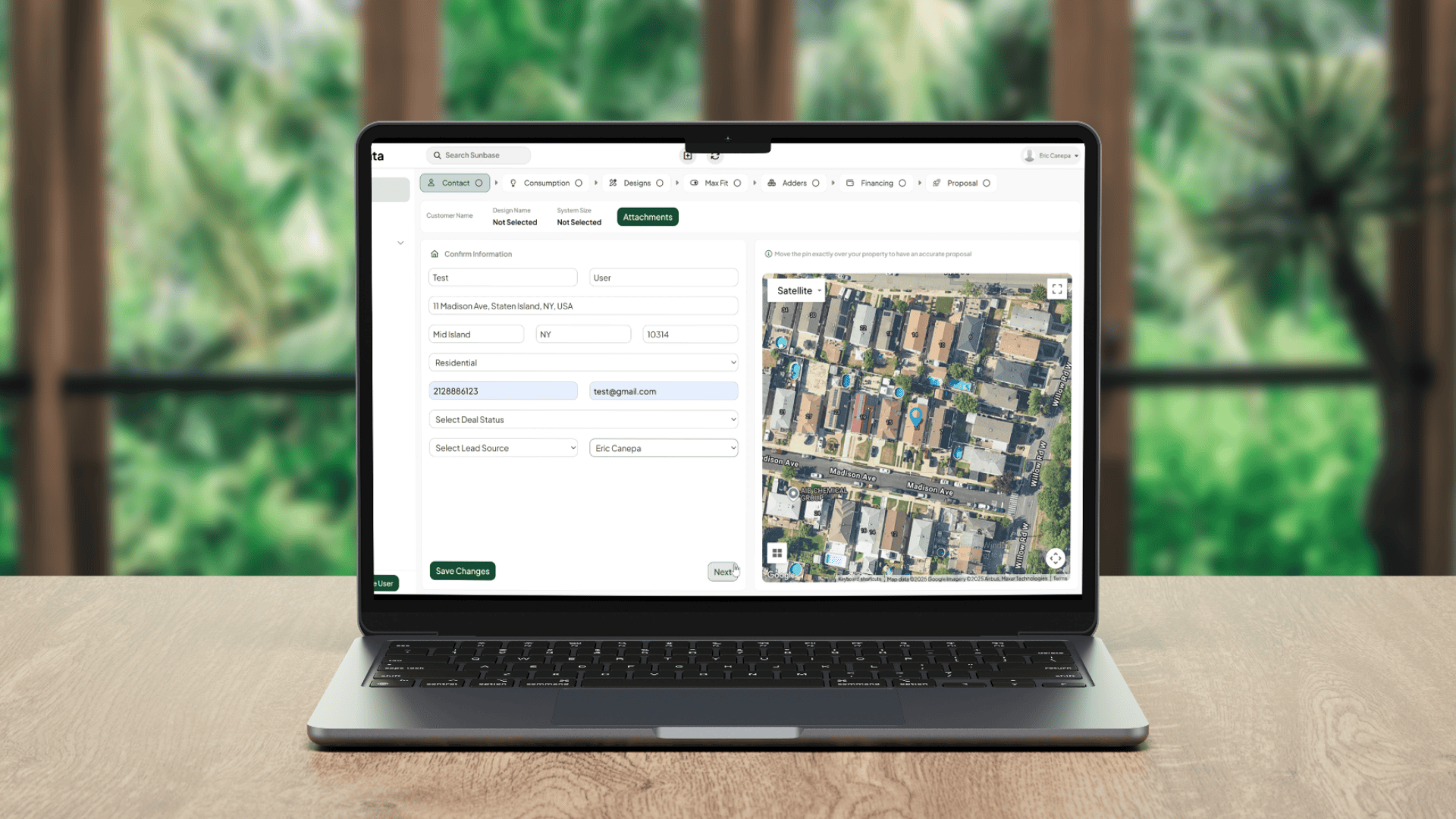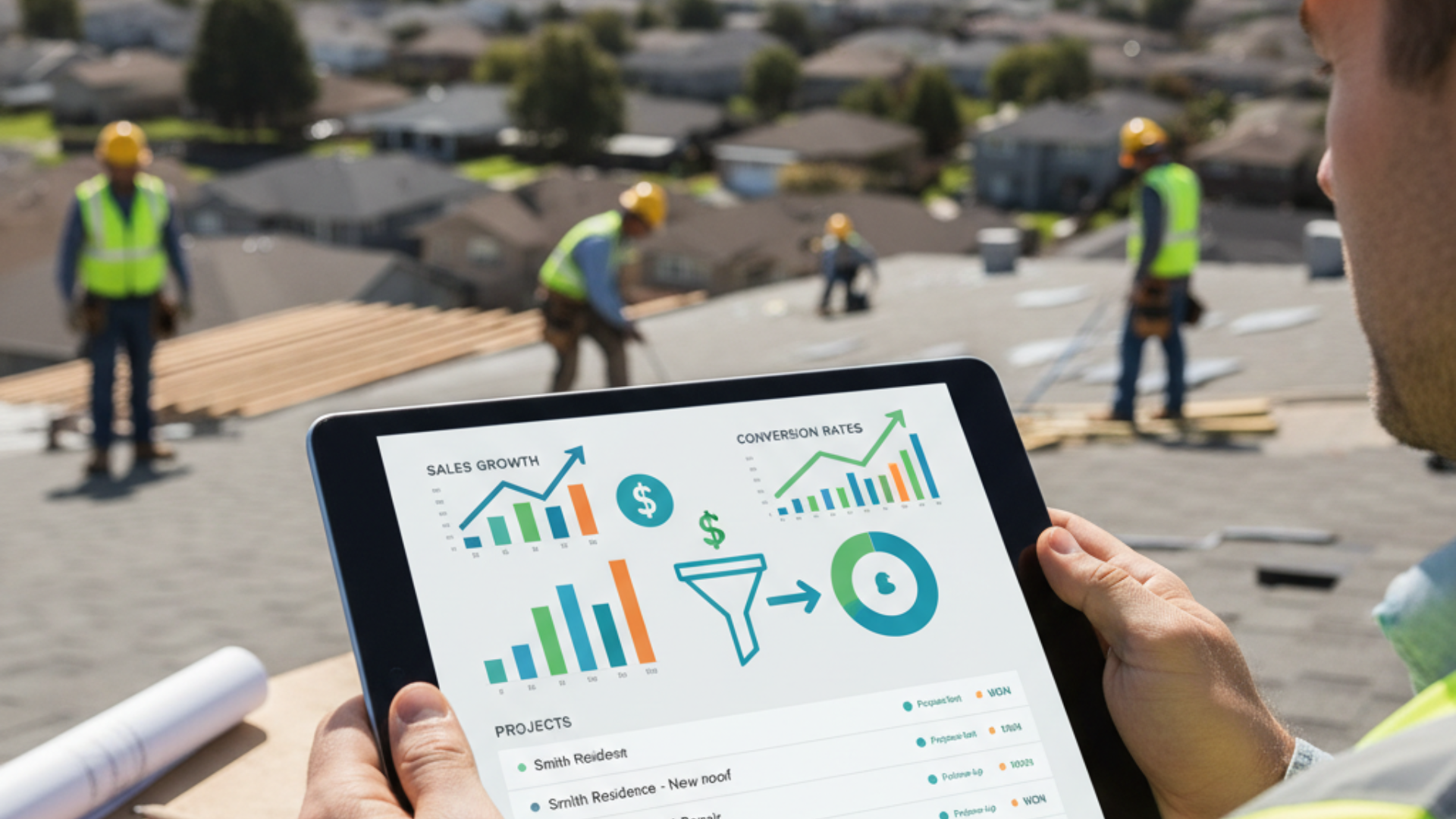July 5, 2023
Solar System for Home
Are you considering powering off-grid with a solar system for your home? While the journey towards energy independence can be daunting, taking small steps such as utilizing solar power enhances our homes and reduces our impact on the environment.
This guide will help cover all of your bases—from understanding the basics to choosing supplies that meet your needs. With step-by-step instructions and helpful tips along the way, we'll equip you with all of the information that is necessary to build an effective off-grid solar system!
So what are you waiting for? Read on to learn more about powering off the utility grid with an eco-friendly solar system.
What is an off-grid solar system?
An off-grid solar system is a renewable energy setup that typically comprises of photovoltaic (PV) panels, an inverter, and solar batteries. It allows you to generate and store electricity without relying on the traditional utility grid.
By doing so, it reduces your reliance on electricity generated by fossil fuels such as coal and oil. The PV panels absorb sunlight during the day which is then converted into DC electricity using a converter.
This electricity can be stored for later use in batteries or converted into AC current to power appliances directly. The solar charge controllers offer you complete control over your energy usage as you are no longer tied to any particular power provider. Thus, you can enjoy total energy independence and reduce your carbon footprint significantly.
Components of an off-grid system
The main components of an off-grid power system are:
Solar panels
One of the key components of an off-grid solar system is the solar panels. These absorb the sun’s energy and convert it into electricity when exposed to sunlight.
Solar panels are typically made from silicon, a semi-conductive material that is able to transfer electrons from one side to another when exposed to light.
Solar charge controller
The charge controller is also an important component of an off-grid solar system as it regulates the amount of electricity coming from the solar panel into the battery bank. It ensures that batteries do not become overcharged or damaged by too much power inputted at one time.
This is especially important since batteries can become damaged because of wind power
if they are not properly maintained, which could put you at risk of having no access to electricity during peak hours when demand is high and supply low.
Battery bank
The battery banks store energy produced by the solar panels for later use when there is no sunshine available or demand exceeds what the panel can produce at a particular time.
Batteries vary in size and capacity depending on how much energy needs to be stored, with larger capacity batteries providing more reliable backup power for longer periods of time without needing recharge.
Inverter
Finally, a solar inverter is necessary for converting direct current (DC) electricity produced by the solar panel into alternating current (AC) that can be used to power household appliances and other electrical items, allowing users to have a steady supply of electricity even when not connected to a traditional power grid.
solar industry offers various inverters that come in different sizes based on their wattage capacities, with larger wattage models capable of running higher-wattage electrical items like refrigerators or air conditioners that require more power than smaller devices.
Types of off-grid solar systems
There are several types of off-grid solar systems that can be used to power homes and businesses. These include standalone photovoltaic (PV) systems, battery-based inverter/charger systems, hybrid PV/wind turbine systems, and grid-tied PV/battery backup systems.
Standalone photovoltaic (PV) systems
These are the most common type of off grid systems. They use PV modules to capture the energy of the sun which is then converted into electricity by an inverter. This type of system allows for complete independence from the electrical grid and is best suited for remote locations where connection to the grid is not possible.
Battery-based inverter/charger systems
These utilize deep-cycle solar batteries to store generated power which can then be used when needed. This allows users to choose when they want to draw electricity from the solar battery rather than relying on sunlight or wind alone.
In addition, these systems provide a greater level of flexibility since they can be designed with different amounts of storage capacity depending on the needs of the user.
Hybrid PV/wind turbine systems
These combine traditional solar panels with wind turbines in order to increase energy production efficiency while allowing for more reliable electricity generation during periods with low wind or sunshine intensity.
These types of off-grid solar systems are best suited for areas with both strong sunlight and consistent winds throughout the year.
Grid-tied PV/battery backup systems
They are connected directly to an electrical grid but also feature battery storage systems for additional security against outages and fluctuations in power supply caused by weather conditions or equipment failure.
These types of off grid systems are becoming increasingly popular as more people become aware of their benefits such as lower costs and increased reliability compared with solely relying on traditional energy sources like coal or gas-powered generation plants.
Benefits of off-grid solar systems for homeowners
Off-grid solar systems have many benefits over traditional grid-tied systems. Here are some of the key benefits of an off-grid system:
Energy Independence
Off-grid solar systems provide homeowners with complete energy independence, which means they are not reliant on the grid for their energy needs. This is especially beneficial in remote areas where grid access is limited or unreliable.
Lower Electricity Bills
By generating their own electricity, homeowners can significantly reduce their energy bills or eliminate them entirely, depending on the size of the off-grid systems.
Environmentally Friendly
Off-grid solar systems are a clean and renewable source of energy, and they produce no emissions or pollution. This makes them a more environmentally friendly option than traditional grid-tied systems.
Reliable Power Supply
Off-grid solar systems provide a reliable power supply, even during power outages or other emergencies. This is especially important in areas where the grid is unreliable or prone to frequent outages.
Low Maintenance
Off-grid solar systems require very little maintenance, which means homeowners can save time and money on repairs and upkeep.
Increased Property Value
Homes with off-grid power systems typically have higher property values because they are seen as more desirable and sustainable.
Scalability
Off-grid solar systems can be scaled up or down depending on the energy needs of the homeowner, making them a flexible and customizable energy solution.
Factors to consider when designing an off-grid solar system
Designing an off-grid solar system requires careful consideration of various factors to ensure that the system meets the energy needs of the user. Here are some key factors to consider:
Energy Consumption
The first step in designing an off-grid solar system is to determine the amount of energy required to power the appliances and devices in the user's home or business. This will determine the size of the solar panel array, the capacity of the battery bank, and the size of the inverter required.
Location
The amount of sunlight that a solar panel receives depends on the location and orientation of the panel. It is important to consider the latitude, shading, and climate of the area where the solar panels will be installed to ensure maximum efficiency.
Battery Capacity
An off-grid solar system relies on a battery bank to store excess energy produced during the day for use at night or during periods of low sunlight. It is important to choose a battery bank with sufficient capacity to meet the energy needs of the user.
Inverter Size
An inverter is used to convert the DC power produced by the solar panels into AC power that can be used by household appliances. The size of the power output from the inverter should be determined by the maximum load that the system will need to handle.
Maintenance and Durability
Off-grid solar systems are designed to operate independently for extended periods of time. Therefore, it is important to choose components that are durable, reliable, and require minimal maintenance.
Budget
The cost of a grid solar power system or off-grid solar kits can vary widely depending on the size, capacity, and quality of the components used. It is important to set a budget and choose components that provide the best value for money without compromising on quality.
Backup Power
Even the most well-designed off-grid solar system may experience occasional power outages. It is important to have a backup power source, such as a backup generator or a grid connection, to ensure an uninterrupted power supply during emergencies or extended periods of low sunlight.
Troubleshooting common issues with off-grid solar systems
Battery Issues
Common battery life issues include low voltage, sulfation, and low water levels. These issues can be resolved by recharging the batteries, adding distilled water, or replacing damaged batteries.
Inverter Issues
Inverter issues can be caused by faulty connections, low battery voltage, or overheating. These issues can be resolved by checking the connections, recharging the batteries, or installing a cooling system.
Charge Controller Issues
Charge controller issues can be caused by faulty connections, incorrect settings, or damaged components. These issues can be resolved by checking the connections, adjusting the settings, or replacing damaged components.
Challenges and Considerations for Off-Grid Solar Systems
Off-grid solar systems offer numerous benefits, but they also come with some challenges and considerations that homeowners should be aware of.
Potential challenges with off-grid solar systems
- High Upfront Costs: Off-grid solar systems typically require a larger upfront investment than traditional grid-tied systems. The cost of solar panels, batteries, and other components can be significant, especially for larger systems.
- Limited Energy Storage: Off-grid solar systems rely on battery banks to store excess energy produced during the day for use at night or during periods of low sunlight. However, battery banks have limited storage capacity, which means that homeowners may need to limit their energy consumption or invest in additional battery storage to meet their energy needs.
- Weather Dependence: Off-grid solar systems rely on sunlight to generate electricity, which means that they are weather-dependent. Cloudy or overcast days can reduce the amount of energy produced, which may affect the system's performance and energy output.
- Maintenance Requirements: Off-grid solar systems require regular maintenance to ensure that they are functioning properly and efficiently. Homeowners may need to clean solar panels, check battery water levels, and monitor charge controllers and inverters.
Backup power options
Even with a well-designed off-grid solar system, there may be times when backup power is needed. Here are some backup power options for off-grid solar systems:
- Generator: A backup generator can provide additional power during periods of low sunlight or when the battery bank is low.
- Wind Turbine: A wind turbine can be used in conjunction with solar panels to generate additional power.
- Hydroelectric Generator: A hydroelectric generator can be used if there is a nearby water source.
- Fuel Cell: A fuel cell can generate electricity by converting hydrogen and oxygen into water and electricity.
It's important to choose a backup power option that is compatible with the off-grid solar system and that can meet the energy needs of the household during periods of low sunlight or other emergencies.
Final Thoughts
Installing an off-grid solar system is definitely a worthwhile investment if you’re looking to reduce your energy costs and lower your environmental impact. Before moving forward, be sure to do your research about local laws, incentives, equipment installation costs, and power requirements so that you make an informed decision.
Ultimately, opting for clean and renewable energy through off-grid solar systems has great potential to both save you money and lessen your eco-footprint drastically. So why not start now? Get ready to enjoy the benefits of a hassle-free living experience thanks to an off-grid solar system!
About Sunbase
Are you ready to take your solar business to soaring heights? Look no further than Sunbase - the ultimate solution that empowers solar professionals. With its comprehensive suite of advanced features and unmatched functionality, Sunbase revolutionizes the way you manage, design, and grow your solar projects. Say goodbye to tedious manual processes and embrace a new era of efficiency, productivity, and profitability.
From seamless customer relationship management to precise PV system design, from captivating proposal generation to streamlined project management, Sunbase has it all. Our software is meticulously crafted to address the specific needs of the solar industry, giving you the competitive edge you deserve. Experience the thrill of unlocking your true potential and watch your solar business thrive like never before. Get more information about Sunbase all-in-one software here!
I agree to receive marketing messaging from Sunbase at the phone number provided above. I understand data rates will apply, and can reply STOP to OPT OUT.











